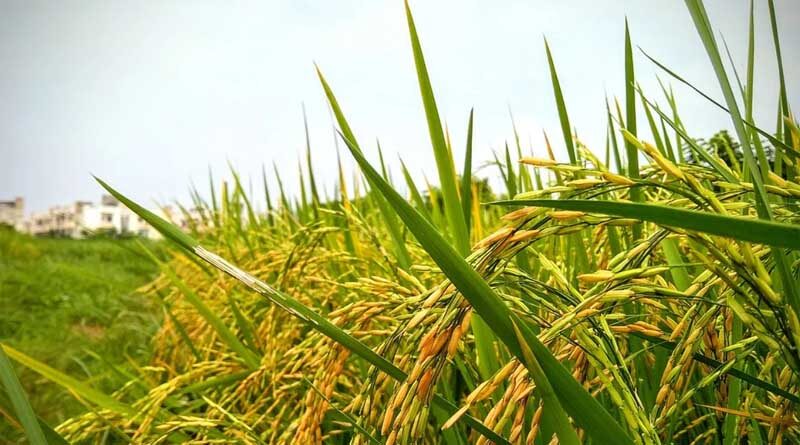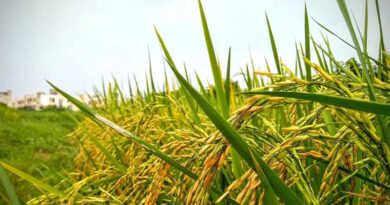No time for complacency when resistance is on the rise
17 November 2021, Australia: The importance of testing for resistance early before the problem gets away was the key message for Australian grain growers from the annual Crop Protection Forum held in Tasmania recently.
More than 50 agronomists, researchers, growers and industry members participated in the one-day forum in Launceston, which was focused on tackling the brewing storm of fungicide, herbicide and pesticide resistance facing Australian cropping systems.
The forum, now in its seventh year, is a collaboration between the Centre for Crop and Disease Management (CCDM) – a national research centre co-supported by the Grains Research and Development Corporation (GRDC) and Curtin University, along with the GRDC-invested Australian Herbicide Resistance Initiative (AHRI), and independent research and extension company Cesar Australia.
CCDM director Professor Mark Gibberd said the event drew on information from local agronomists, as well as chemical resistance experts from across the nation, raising issues and solutions for going forward, particularly in states like Tasmania where growers manage multiple enterprises.
“It is clear growers have a lot of diversity in their rotations and that is a great asset to them,” Professor Gibberd said.
“However, they still only have a few select active ingredients available, which means the weeds, diseases or pests present in the crop are still being exposed to the same compounds, increasing the risk of resistance.
“Industry members have come to the realisation that they need to be on the front foot, and if they see a problem in the paddock, don’t delay, find out if resistance is there and manage it accordingly.”
Southern Farming Systems Senior Technical Officer Brett Davey, based in Longford, Tasmania, said events like the annual crop protection forum were important for the agriculture sector to keep everyone up-to-date in best practice for tackling resistance, especially in systems where there is a heavy reliance on chemicals to control diseases, pests and weeds.
“What became clear at the forum was the need to be more proactive with sampling and testing for resistance,” Mr Davey said.
“Next steps from here would be to know where to go to get a testing kit from the various providers to get the result as soon as possible.
“Hopefully from there we can get a clear picture of what’s going on and develop a more unified approach to proactively manage chemical resistance now and into the future.”
Dr Fran Lopez-Ruiz from CCDM presented his fungicide resistance research at the forum, and said he had the opportunity to visit and talk with growers dealing with the challenges of fungicide management.
“Farm visits are so important to my work, as they often guide me towards new ideas for future research, training and extension projects,” Dr Lopez-Ruiz said.
“The crops in the region look very well managed and disease pressure looks low, so far this year. However, growers and advisers must be vigilant as with the current level of inputs there is a high selection pressure for fungicide resistance.”
Other take-home messages from the forum included:
- Growers are managing herbicide resistance well in Tasmania – diversity in rotations diversifies selection pressures. Different crops facilitate different mixtures.
- Most fungicides are still effective in Tasmania, so it is important they stay that way. Industry can look to Europe for clues, as it is a similar environment.
- Diversity is a great asset here, but could also be a detriment, as there is so much to be aware of and information overload is common.
- The increase in the amount of pasture provides a significant break from cropping and may be an option for fighting resistance issues in Tasmania.
- Agronomist networks are very strong and are actively sharing information with one another. A cohesive approach is needed to deal with resistance.
The eight presenters at the forum included Professor Hugh Beckie and Dr Roberto Busi from AHRI, Dr Fran Lopez-Ruiz from CCDM, Associate Professor Paul Umina from Cesar Australia, Nick Poole from FAR Australia, Dr Joshua Thia from the University of Melbourne, Jana Dixon from WeedSmart and Simon Burgess from Vaucluse Agricultural Company.















